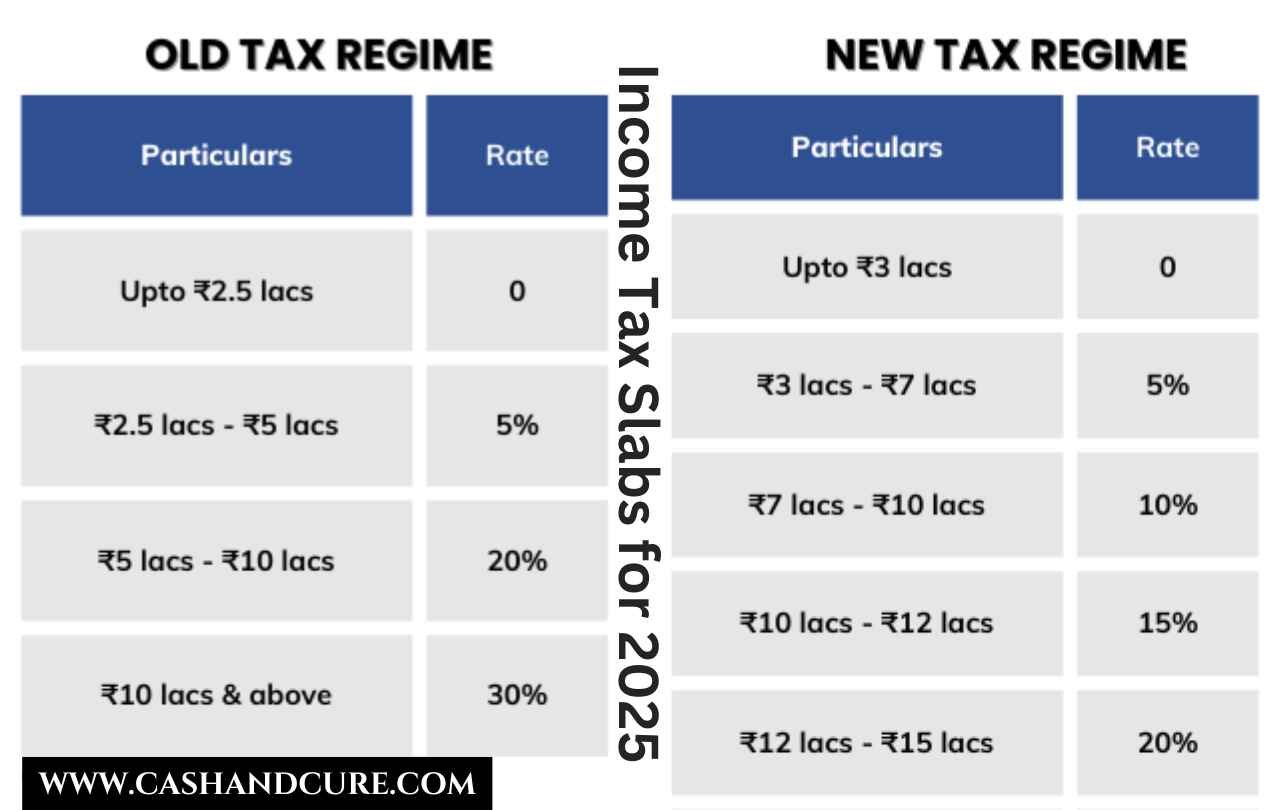Hawala Remittance System and CA Networks Exposed: Recent investigations have shed light on a network of chartered accountants (CAs) and hawala operators involved in facilitating unauthorized financial transactions. These covert operations, tied to the Hawala Remittance System, have raised significant concerns about financial accountability and national security. In this article, we delve into the intricacies of the Hawala Remittance System, how it operates, and the recent exposure of these illicit networks.
Understanding the Hawala Remittance System
The Hawala Remittance System is an informal method of transferring money that operates outside the purview of regulated financial institutions. Rooted in trust and personal networks, it is widely used in regions with stringent financial controls or where banking systems are inaccessible.

How It Works:
- Initiating the Transfer:
A sender approaches a hawala agent (hawaladar) in one country to transfer money to a recipient in another country. - Code and Trust:
The sender provides the funds and a unique code. The hawaladar communicates with another agent in the recipient’s country. - Payout:
The recipient provides the code to the second hawaladar and receives the payment, bypassing formal banking channels.
Why It’s Popular:
- Anonymity: Transactions leave no paper trail.
- Speed: Money transfers occur almost instantaneously.
- Low Cost: Minimal transaction fees compared to traditional banking systems.
However, the lack of regulation makes the system vulnerable to abuse for tax evasion, money laundering, and funding illegal activities.
The Network of CAs and Hawala Operators
Recent Exposures:
Recent enforcement actions have uncovered a nexus between chartered accountants and hawala operators, who used shell companies to launder black money. These operations often involve:
- Creation of Fake Invoices: Fabricating invoices to justify the flow of money.
- Tax Evasion: Using loopholes to avoid taxes on large transactions.
- International Transfers: Facilitating cross-border money transfers without regulatory approval.
Authorities have identified cases where millions of rupees were transferred using the hawala system, implicating professionals in aiding these unlawful practices.
Impacts of the Hawala System on the Economy
While the hawala system provides benefits to underserved populations, its misuse has far-reaching consequences:
- Loss of Revenue:
Governments lose significant tax revenue due to unreported transactions. - Money Laundering:
Funds obtained through illegal means are disguised as legitimate through hawala networks. - Funding Illegal Activities:
Hawala has been linked to terrorist financing and other criminal enterprises. - Economic Instability:
The unregulated flow of funds can destabilize currency values and financial markets.
Measures to Curb Hawala and Illicit Networks
- Strengthening Financial Regulations:
Governments and financial institutions must enforce stricter regulations to monitor suspicious transactions. - Collaboration Between Agencies:
Sharing information among tax authorities, financial intelligence units, and law enforcement can dismantle hawala networks. - Awareness Campaigns:
Educating individuals and businesses about the legal implications of participating in hawala transactions. - Technology-Driven Solutions:
- Implementing AI and data analytics to detect unusual financial patterns.
- Blockchain technology can create transparent, traceable systems for money transfers.
FAQs
The Hawala Remittance System is an informal money transfer method that bypasses traditional financial systems. It relies on personal trust and networks, making it untraceable and unregulated.
Hawala transactions are illegal because they evade government regulations, avoid taxes, and are often used for money laundering and terrorist financing.
Authorities use intelligence, financial transaction analysis, and enforcement actions to expose hawala operators and their networks.
Yes, individuals involved in hawala transactions can face severe penalties, including imprisonment and fines, under anti-money laundering and tax laws.
Legal alternatives include banks, wire transfer services like Western Union, and digital payment platforms. These are secure and comply with financial regulations.






Leave a Reply